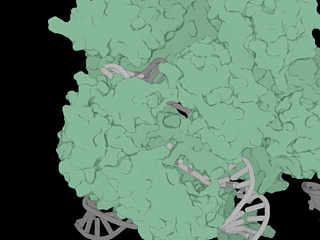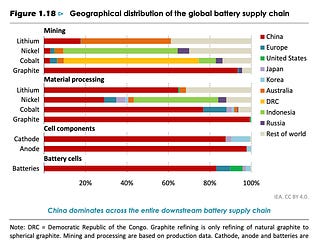
Brace for Impact: Here Comes the "Cram Down"
Upcoming Edtech Happy Hour Events, ASU+GSV 2024 Session Overviews, US Newspapers Sue OpenAI, Coursera and Chegg Stock Down, and more!
Brace for Impact: Here Comes the “Cram Down” By Ben Kornell


Matt Rubins
•
3d
Ben - this is so insightful and so true. Twain said "history doesn't repeat itself, but it often rhymes". I've lived through three of these cycles now - the S&L crisis in '90-93, the dot com and telecom winter from '01 to '04, and then Global Financial Crisis from '08-'11. Every time we go through the same cycle. When a bubble bursts, during the first year people believe that a recovery is right around the corner. It'll be fine! The second year, they realize this may take a while longer and that they need to start cutting costs to extend the runway and avoid exposing themselves to "market pricing discovery". When they run out of moves, they reach the capitulation stage and that's when the dreaded "inside down round" happens. People start to read the deal docs and understand how weighted average anti-dilution provisions really work, what discounts on notes and SAFEs really do to founder economics, and how pay to play provisions work. It's ugly. The companies that get through this phase quickly, or even better proactively in the first two years, are well positioned to be acquirors of both market share and weaker competitors. These cycles typically last 4 years and we're about 18-24 months into this one.
I'm very optimistic about the future. We're seeing strong revenue growth in our portfolio and the long term trends underlying the digitation of education and alternative ways to upskill the workforce are very much intact. It just takes time, but anyone who's been around education for a long time knows that everything takes time in our business.



















































































